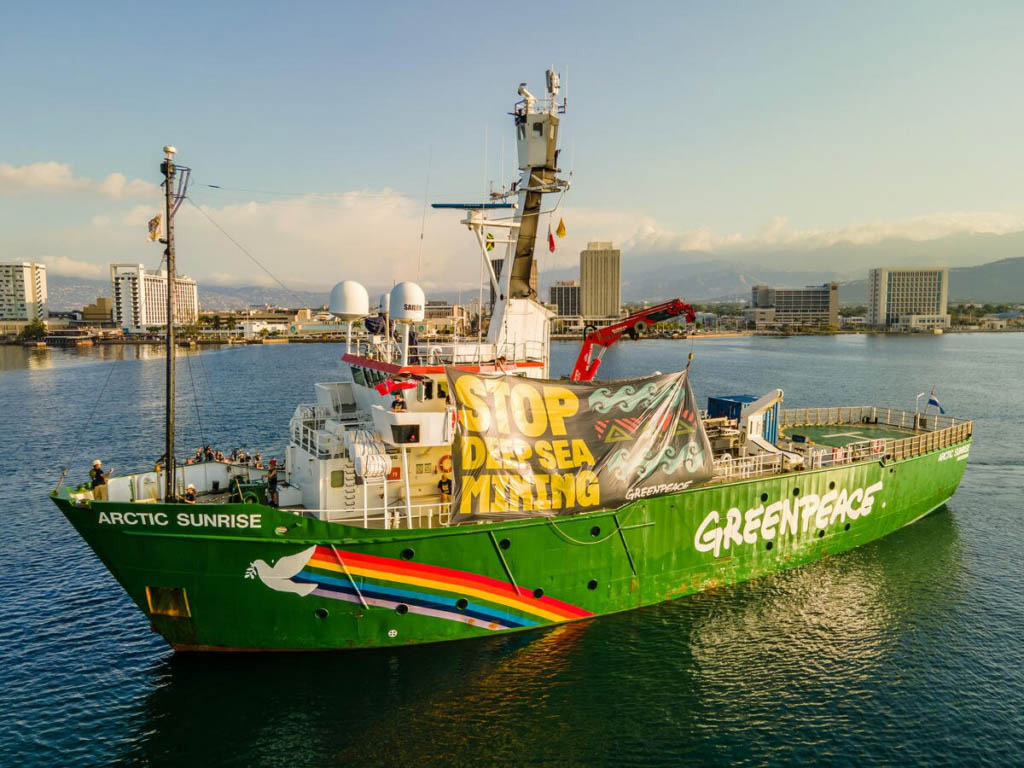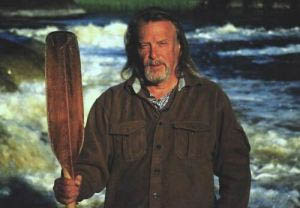Robert Lorne Hunter was a Canadian environmentalist, journalist, author, and politician (October 13, 1941 – May 2, 2005) He was a member of the Don’t Make a Wave Committee in 1969 and a co-founder and first president of Greenpeace in 1971. He led the world’s first on-sea anti-whaling campaigns against Russian and Australian whalers, which helped lead to the commercial whaling ban. With his book Thermageddon: Countdown to 2030, he campaigned against nuclear testing, the Canadian seal hunt, and, later, climate change. Time named him one of the “Eco-Heroes” of the twentieth century.
Hunter, who was born in St. Boniface, Manitoba, began his journalism career in the 1960s at the Winnipeg Tribune and the Vancouver Sun, where he covered the counterculture and environmental issues. He began his career as a commentator and reporter for Toronto’s Citytv and, since its inception, its all-news sister channel CP24. He produced numerous documentaries about Canada’s north, which are still frequently broadcast on CP24 during off-peak hours. He was also the “Enviro” columnist for Toronto’s eye weekly for many years.
In 1971, Robert Hunter was a member of the Don’t Make a Wave Committee’s first expedition, Greenpeace I. The Phyllis Cormack was a halibut seiner chartered to travel to Amchitka in an unsuccessful attempt to halt the United States military’s underground nuclear bomb test codenamed Cannikin beneath the island of Amchitka, Alaska.
Robert Hunter, along with lifelong friend and activist Paul Watson and Patrick Moore, led the Greenpeace expedition against the Soviet whaling fleet in 1975. The expedition chartered the Phyllis Cormack once more, and this time they pioneered the use of inflatable zodiacs as a barrier between the harpoon and the whale.

He was on the advisory board of the Sea Shepherd Conservation Society for several years and participated in many Greenpeace and Sea Shepherd Conservation Society campaigns. Following his death, a Sea Shepherd vessel was named after him.
Hunter surprised many when he ran for the Ontario Liberal Party in a provincial by-election in Beaches—East York in 2001. Many people assumed Hunter’s politics were more aligned with the New Democratic Party or the Greens, and he frequently criticized Liberal politicians in his columns. In the final days of the by-election campaign, sections of Hunter’s 1988 travelogue On the Sky were faxed to Hunter’s opponents. (The fax’s origin was never confirmed.) Marilyn Churley, a New Democratic opponent, used the excerpt to attack Hunter’s personal integrity. Hunter was defeated by Michael Prue of the New Democratic Party by nearly 4,000 votes. Despite these results, Hunter called for an electoral alliance between the Liberals and the Green Party of Ontario in 2002.
Hunter authored a number of books on environmental issues. He received the Governor General’s Literary Award in 1991 for his book Occupied Canada: A Young White Man Discovers His Unexpected Past. He also wrote about aboriginal rights in Canada and maintained contact with Greenpeace and other environmental organizations until his death.
In 1998, Hunter was diagnosed with prostate cancer. Hunter went to the Hospital Santa Monica in Mexico after his doctor told him that his prostate cancer was incurable. The hospital was founded by Kurt Donsbach, an American naturopathic doctor and chiropractor. Hunter began treatment in December 2004 and reported progress before passing away on May 2, 2005.
His ashes were scattered during a canoe trip in northern Canada near the Arctic, at Tortuga Bay in the Galapagos Islands, and on top of an Antarctic iceberg during the 2005/2006 Sea Shepherd campaign against Japanese whaling in the Southern Ocean Whale Sanctuary.
His wife, Bobbi, and his four children, Emily, Will, Conan, and Justine, survive him. Hunter had four grandchildren when he died.
Jerry Rothwell’s documentary film How to Change the World premiered at the Sundance Film Festival in 2015. The film is about Robert Hunter’s legacy and the beginnings of Greenpeace. According to an IndieWire review, “In How to Change The World, director Jerry Rothwell unearths extraordinary footage to tell a story about fighting for a cause — both by outlining the terms of the fight and the people engaged in it.”





